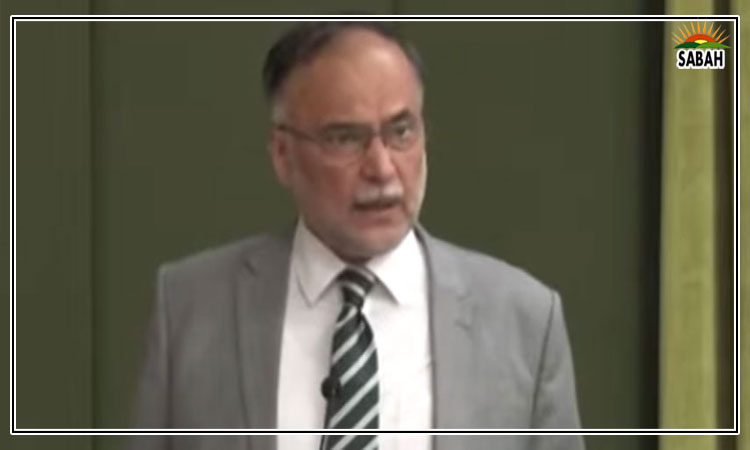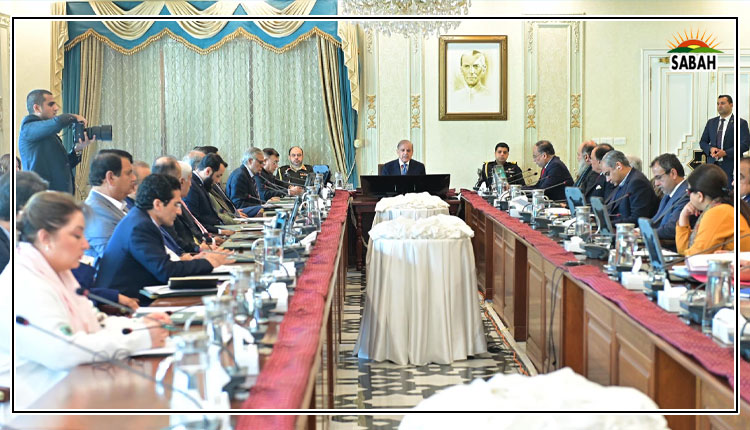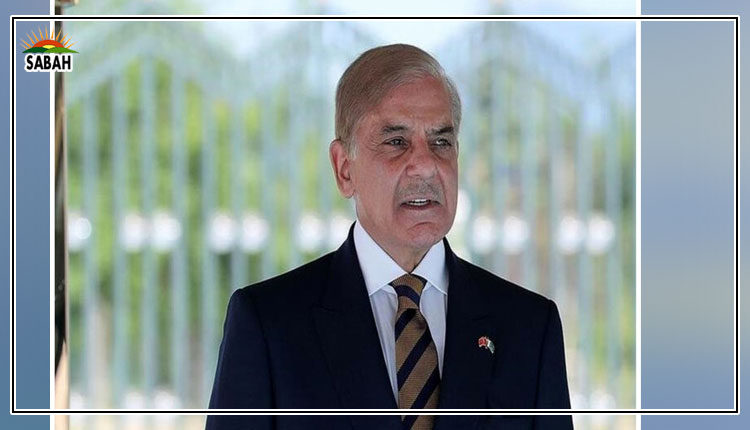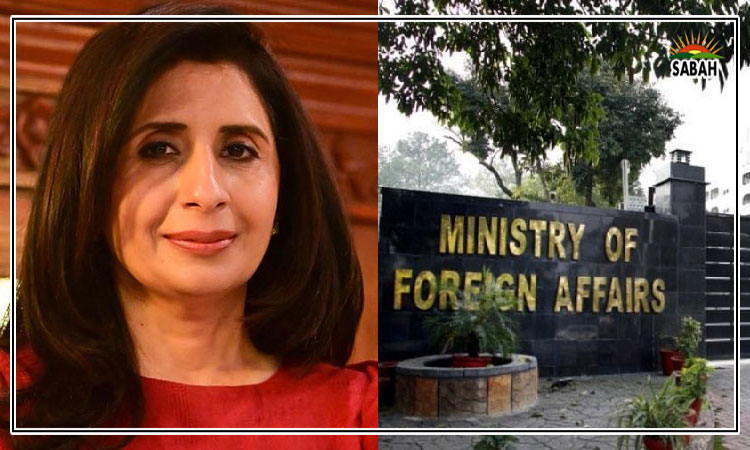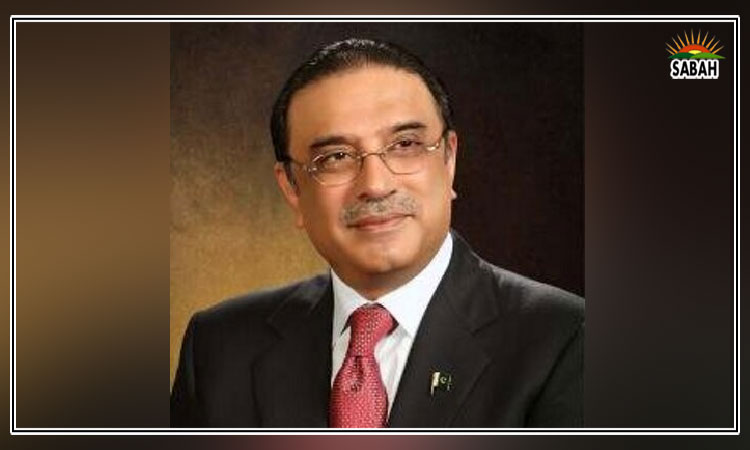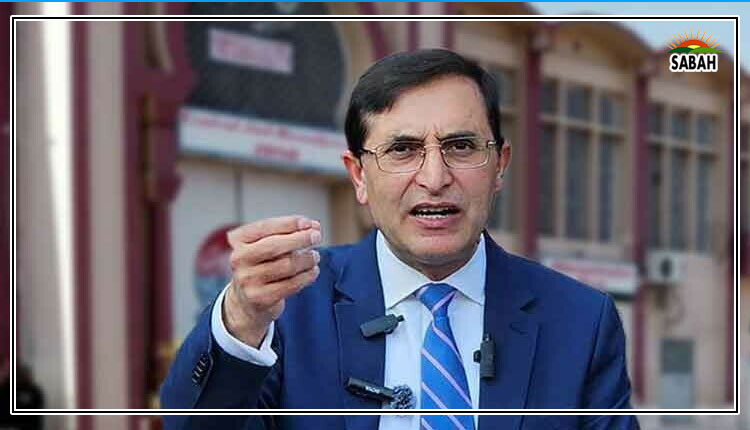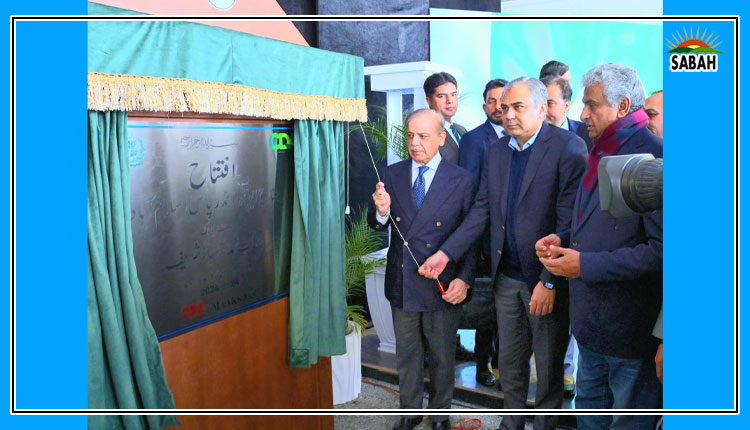The Principle of Self-Determination: A Call for Unity in Kashmir…M. Shahbaz Wani
The concept of self-determination has long been a fundamental principle in international law and politics. Rooted in the United Nations Charter, it is the right of peoples to determine their own political status and pursue their economic, social, and cultural development. For decades, the Kashmir region has been at the center of a struggle for this very right. The path to self-determination for Kashmir, however, must be paved with unity and equality, transcending divisions of caste, creed, and color.
After several meetings with leaders of the All Parties Hurriyat Conference, the United Jihad Council in Azad Kashmir, and the Kashmir diaspora, as well as with various political, religious, and social leaders and renowned bureaucrats of Azad Kashmir, and after listening to some non-Muslims in Kashmir and abroad, I reached the conclusion that all Kashmiris want freedom. They want to live in their own motherland without interference from outsiders. However, the basic problem in achieving our goal of freedom is our disunity and differing voices and slogans.
Hence, I have an idea of unity based on four points if we really want to achieve the goal of freedom:
1. *Be One: United in Purpose*
The first step towards achieving self-determination for Kashmir is fostering unity among all Kashmiris. A united front is crucial to demonstrate the collective will of the people. Historical and social divides have often been exploited to weaken the movement, but the strength of the cause lies in unity. The vision must be clear: all Kashmiris, regardless of their backgrounds, must come together with a shared purpose. Unity is not just a strategy but a necessity for the realization of self-determination.
2. *See One: Equality for All Kashmiris*
To see one is to recognize the inherent equality of all Kashmiris. This means embracing the idea that every individual in Kashmir is equal and deserves the same rights and opportunities. The struggle for self-determination is not just a political movement but a social one as well. It requires a commitment to eliminating discrimination based on caste, creed, or color. By fostering a culture of equality and respect, the movement gains moral strength and integrity.
3. *Seek One: The Demand for Self-Determination*
The core demand of the Kashmiri people is the right to self-determination. This right should be pursued under the auspices of the United Nations Security Council. The UN Charter and various resolutions affirm the right of peoples to self-determination, and it is imperative that the international community supports this legitimate demand. A fair and impartial referendum, overseen by the United Nations, could provide a peaceful and democratic solution to the conflict. The people of Kashmir must have the opportunity to determine their own future, free from external pressures and influences.
4. *Speak One: A Unified Slogan*
A movement’s power often lies in its ability to communicate its message clearly and consistently. The slogan of the Kashmir freedom movement should encapsulate the essence of its demands and aspirations. A unified slogan that resonates with all Kashmiris can serve as a rallying cry, strengthening the resolve of the people and drawing international attention to their cause.
In conclusion, the pursuit of self-determination for Kashmir is a just and noble cause that aligns with the principles enshrined in the United Nations Charter. However, this pursuit must be grounded in unity, equality, and a clear, consistent demand for the right to self-determination. By coming together as one, seeing each other as equals, seeking one common goal, and speaking with one voice, the people of Kashmir can move closer to realizing their aspirations for freedom and self-governance.



